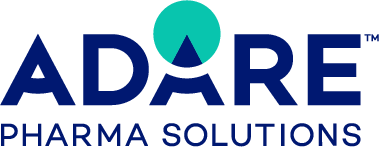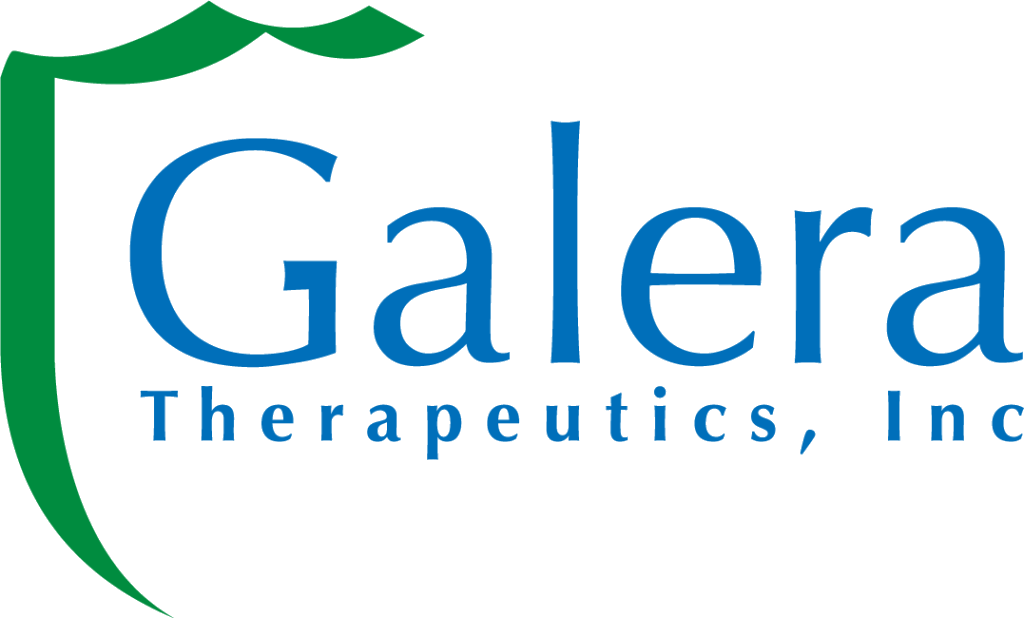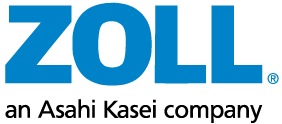Medical Affairs groups play a critical role in providing accurate and up-to-date information about a company's products and therapies to healthcare professionals and other stakeholders. Technology can be used in a variety of ways to enhance the effectiveness of medical education initiatives within Medical Affairs groups:
E-learning and Digital Training: Medical Affairs groups can use e-learning platforms and digital training tools to provide healthcare professionals with on-demand access to educational materials, such as webinars, videos, and interactive modules. These tools can be used to provide education about the company's products and therapies, as well as to provide training on relevant medical and scientific topics.
Virtual and Augmented Reality: Medical Affairs groups can use virtual and augmented reality technologies to create immersive and interactive learning experiences for healthcare professionals. For example, virtual reality can be used to simulate surgical procedures or other medical procedures, while augmented reality can be used to provide interactive visual aids to help healthcare professionals better understand complex medical concepts.
Mobile Apps and Digital Tools: Medical Affairs groups can use mobile apps and digital tools to provide healthcare professionals with easy access to information about the company's products and therapies, such as dosing information, side effect profiles, and more. These tools can also be used to provide reminders and alerts about important updates or new research.
Web-Based Platforms: Medical Affairs groups can develop web-based platforms to create a centralized location for healthcare professionals to access educational materials, such as product information, journal articles, and scientific publications. These platforms can also include interactive features like quizzes, discussion boards and virtual consultations to better engage HCPs with the material.
AI and Machine Learning: Medical Affairs groups can use AI and machine learning to analyze large amounts of data, such as journal articles, scientific literature, and clinical trial data, to identify new trends, patterns, and insights that can be used to improve medical education.
Social Media: Medical Affairs groups can leverage social media platforms to engage with healthcare professionals, share educational content and join conversations about medical and scientific topics relevant to their products.
Ultimately, the key to using technology to enhance medical education effectiveness is to understand the needs and preferences of healthcare professionals and other stakeholders, and to select the right tools and technologies to meet those needs. Medical Affairs groups should also continuously evaluate the effectiveness of their medical education initiatives and use data to improve them.
Hiring and training MSLs, creating valuable metrics, and demonstrating that value to internal and external customers are challenges we relish and, quite frankly, know how to do well. We are known for our innovation. We didn't make our name in the business by being ordinary. We don't just hire, train, and deploy contract-based MSL teams, we also equip them with the tools to ensure their success.
























